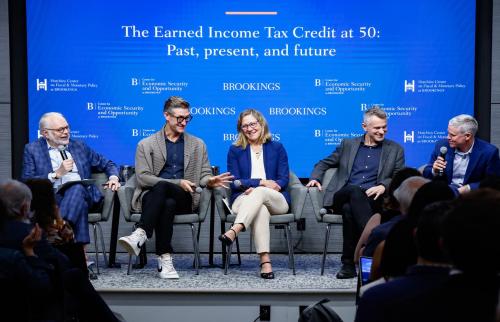I just passed an audition to play the part of myself. In order to read the audiobook version of Dream Hoarders (available now), I was first obliged to undergo a test. Perhaps I could write about class. But could I read my own words on the matter? The answer was yes. I’ll let you be the judge of whether that’s a good thing.
One reason I wanted to read the book myself was that there is a personal side to the story I tell. It would have been hard to hear a hard-up British actor tell the story of my mother’s attempts to ensure that I spoke properly, or her insistence that I mastered the basics of the waltz and foxtrot, determined as she was that neither dropped vowels or trodden-on toes would stand in the way of my ascent of the class ladder.
In the book I describe how conversations about its main theme – the hoarding of opportunity by the upper middle class – have a habit of turning into class confessionals. Even before publishing, I had collected dozens of stories of how decent people had resorted to indecent means to ensure the success of their own children. Now that the book is out, and I’ve had a chance to talk to many varied audiences about it, I have seen again that this stuff gets real personal, real quick. Many of the comments on a New York Times op-ed, “Stop Pretending You’re Not Rich”, both for and against my arguments, were highly personal. I’ve angered callers to NPR’s On Point, and I’ve been challenged by people in San Francisco, Chicago, Madison, Seattle and Charlotte, and elsewhere. I was even challenged by my own son at an event at Sixth and I in DC. As David Brooks, who was moderating, put it: “And now for the hardest question of the evening….”
It is difficult to draw the line between doing the best for your own kids, and wanting a fair and open society. Different people will draw it in different places. I, for example, will not use my professional networks to land my children an internship, or play the legacy card to help land them a college place. Perhaps you would. The point is that there is a line, and that the social norms governing its location can and do change over time. If nothing else, I hope to have made the inequality debate a little more personal. In an earlier piece, I offered five ways to stop being a Dream Hoarder.
I’m fond of quoting philosopher Gerry Cohen’s line from his marvelous, and marvelously-titled book If You’re An Egalitarian, How Come You’re So Rich?, that social justice is to found “in the thick of everyday life”.
Of course inequality is about broad social and economic trends, the workings of big systems like taxes and transfers, and education. But it is not only about that. It is also about the millions of small decisions made by individuals, in the thick of everyday life.
Anyway, I hope you enjoy listening to the book if you decide to try it out (hey, it’s free if you trial Audible). I hope my mother thinks my accent sounds OK.
The Brookings Institution is committed to quality, independence, and impact.
We are supported by a diverse array of funders. In line with our values and policies, each Brookings publication represents the sole views of its author(s).









Commentary
Listen: A book about the American Dream, read in a British Accent
October 12, 2017